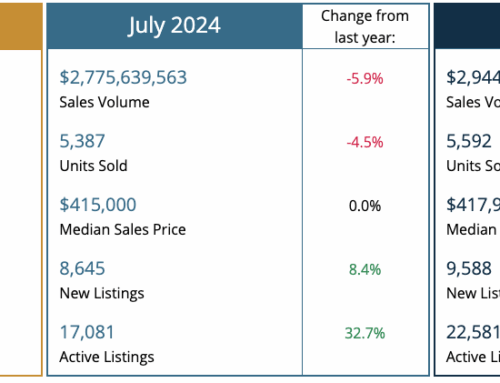
Don’t Get Scammed! What to Know About Text Scams and How to Protect Yourself
Don’t Get Scammed! What to Know About Text Scams and How to Protect Yourself
We live in a world where our phones are always within arm’s reach—texting friends, checking shipping updates, or getting alerts from our banks. But not every message you receive is from who you think it is. Scammers are using texts, emails, and even phone calls to trick people into giving up sensitive information, clicking malicious links, or sending money.
Whether you’re a homeowner, a buyer, a renter, or just someone who uses a smartphone (so… everyone!), it’s crucial to know how to recognize and avoid these scams. Here’s what you need to know to stay safe.
🚨 Common Types of Scams
 1. Text Message Scams (aka “Smishing”)
1. Text Message Scams (aka “Smishing”)
Scammers send texts pretending to be trusted organizations—banks, delivery services, or even government agencies. These messages often include a link and a sense of urgency. Examples include:
- “Your package is being held. Click here to reschedule delivery.”
- “Unusual activity detected on your bank account. Tap here to secure it.”
- “You’ve won a gift card! Confirm your info here.”
If it sounds too good (or too scary) to be true—it probably is.
2. Email Phishing
These emails can look incredibly legit—complete with logos and signatures that appear official.
- Fake login alerts from Amazon, PayPal, or Apple
- Requests to “update your payment method”
- Invoices or attachments you weren’t expecting
- Real estate-related phishing during closings (more on this below)
They’ll often direct you to a fake website that asks for your login credentials or financial info.
3. Phone Call Scams (aka “Vishing”)
Scammers use phone calls—sometimes with spoofed caller IDs—to impersonate:
- The IRS or Social Security Administration
- Tech support claiming “your computer has a virus”
- Banks or credit card companies
- Law enforcement, saying there’s a warrant out for your arrest
These calls often rely on fear and urgency to get you to act without thinking.
4. Real Estate-Related Scams
Since I work in real estate, I’ve seen firsthand how scammers try to exploit people during home buying or renting. A few examples:
- Wire Fraud: Hackers spoof the email address of your agent or title company, sending “updated” wiring instructions to steal your closing funds.
- Rental Scams: Fake listings use photos of real properties, asking for a deposit before you can view the home.
- Buyer/Broker Scams: Fraudsters pose as serious buyers, sellers, or agents to gain your trust—and then access personal or financial information.
Always triple-check contact info and verify payment details in person or by calling a trusted number.
🕵️♀️ How to Spot a Scam
Keep your eyes peeled for red flags like:
- Poor grammar or weird phrasing
- URLs that look slightly “off” (like amaz0n.com or paypa1.com)
- Requests for personal info, passwords, or money
- Claims that your account will be locked unless you act immediately
- Unexpected prize notifications or “urgent” messages
If something doesn’t feel right—it probably isn’t.
🛡️ What To Do If You Get a Suspicious Message
If you receive a message or email that seems sketchy, here’s how to handle it:
- Don’t click on links. Not even to “check” what it is.
- Don’t reply. Even texting back “STOP” can confirm your number is active.
- Block the number or sender.
- Report the scam to:
- ReportFraud.ftc.gov
- Your mobile carrier (Forward spam texts to 7726)
- The Better Business Bureau or your state’s consumer protection agency
And if you accidentally clicked or shared information, notify your bank and consider placing a fraud alert or credit freeze with the major credit bureaus.
🔐 How to Protect Yourself
- Enable spam filtering on your phone and email
- Use two-factor authentication (2FA) on important accounts
- Don’t reuse passwords—use a password manager instead
- Regularly monitor your bank and credit activity
- Don’t trust caller ID—it can be spoofed
- Slow down and think before you click or respond
🏠 A Note for Homebuyers and Sellers
If you’re buying or selling a home, be especially cautious:
- Never wire money based on email instructions alone. Always verify with your agent or closing attorney in person or with a trusted phone number.
- Be suspicious of last-minute changes in wire instructions or email addresses that look just slightly different.
- Work only with licensed professionals, and don’t share personal info over unsecured channels.
✋ Final Thoughts
Scams are evolving fast, and even the savviest among us can get tricked. But staying informed and alert can make all the difference. Trust your gut, verify everything, and when in doubt—don’t click, don’t reply, and don’t send money.
If you’re ever unsure about a message you receive during a real estate transaction, feel free to reach out. I’d rather you double-check than risk being scammed.
Stay safe out there!















